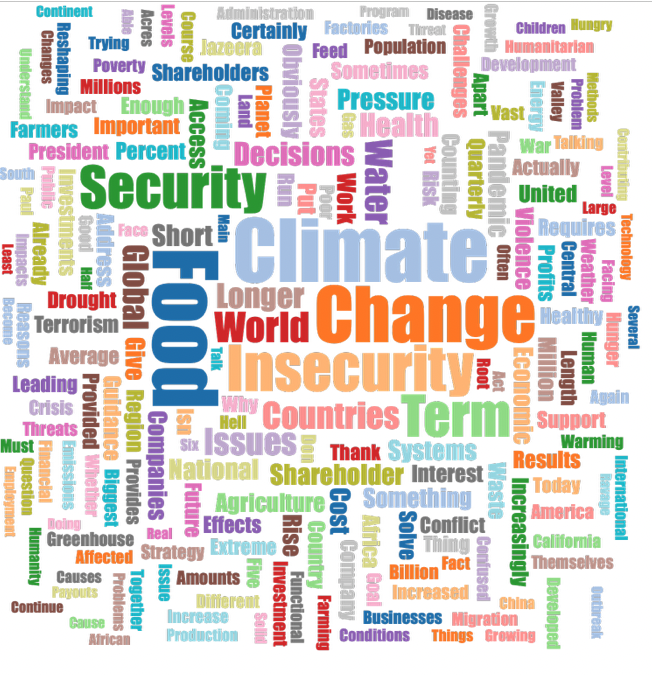 I last visited Greece (Corfu, Athens, Samos) in 1991, so my return there in January was an opportunity to “reset” my impressions (hot, dirty, not as nice as Turkey).
I last visited Greece (Corfu, Athens, Samos) in 1991, so my return there in January was an opportunity to “reset” my impressions (hot, dirty, not as nice as Turkey).
First of all, it wasn’t that hot, but this was in January 🙂
Second, I found the people we met (casually but also in longer discussions) to be really nice (even kind) relative to other Mediterranean cultures.
Third, I am pretty sure that Athens about as clean/nice as Istanbul 😉
But here are a few more impressions, based on Leiden University College’s six majors.
 Culture, history and society: Greece has a long and well-documented history. Its influence on Rome, and thus Europe, was profound, even if it was often mythologized. As a society, the Greeks are more traditional (conservative) than northern Europeans. The culture is a lot more relaxed, but that attitude can also be annoying. My favorite phrase on the trip (learned from a Greek) was “in theory…”, which should be offered near any statement regarding timing, opening of shops, office or museums, pricing, etc. Oh, and the British should give back the bloody Elgin Marbles. It’s a crime against the Greek people.
Culture, history and society: Greece has a long and well-documented history. Its influence on Rome, and thus Europe, was profound, even if it was often mythologized. As a society, the Greeks are more traditional (conservative) than northern Europeans. The culture is a lot more relaxed, but that attitude can also be annoying. My favorite phrase on the trip (learned from a Greek) was “in theory…”, which should be offered near any statement regarding timing, opening of shops, office or museums, pricing, etc. Oh, and the British should give back the bloody Elgin Marbles. It’s a crime against the Greek people.
Global public health: The population is relatively poor, but there are government and NGO-efforts to keep people safe(r) from Covid. Public bathrooms were not common, street markets were cleaned up quickly after close, there were very few stray dogs (but many cats). The lifestyle is lower stress, but poverty can end it prematurely.
 Governance, economics and development: Corruption is widely-acknowledged but change is unlikely (dynastic politicians). Much development is/will happen if/when the post-financial crisis diaspora returns. The cost of living is very high relative to wages (Greek PPP-GDP/capita is half the Dutch level). Foreigners/tourists can bring money but exacerbate corruption. Government treatment of “anarchists” in Athens is appalling.
Governance, economics and development: Corruption is widely-acknowledged but change is unlikely (dynastic politicians). Much development is/will happen if/when the post-financial crisis diaspora returns. The cost of living is very high relative to wages (Greek PPP-GDP/capita is half the Dutch level). Foreigners/tourists can bring money but exacerbate corruption. Government treatment of “anarchists” in Athens is appalling.
International justice: The Greeks are on the front-line of tensions with (authoritarian) Turkey and (shitshow) Syria. The EU should have done a lot more to fund the Greek/EU border control. I doubt TR will attack GR, but Cyprus is always a sore-spot. It would be better if Cyprus would reunite, but — as we saw in Lebanon and Bosnia — it cannot be run by sectarian factions.
Sustainability: The people are too poor and few (10 million) to worry much about sustainability. They are experiencing record heat and wildfires (made worse by cutting fire fighting budgets and spending on weapons). The prices for meat are lower than for fish or cheese (!), which is good for tradition/protein but bad for sustainability.
World politics: Greece was abused by DE and FR after the financial crisis, as those governments wanted their banks to get repaid. As a result, IMO, the Greeks have turned to China, which will not end well (my recent post). Greece’s importance (see “justice” above) will only grow as forced migrations increase with climate and political instability.
My one-handed conclusion is that Greece is a lovely country full of nice people who are mis-led by corrupt politicians who make them poorer and abused by foreigners who have forgotten how heavy is the burden of poverty.






